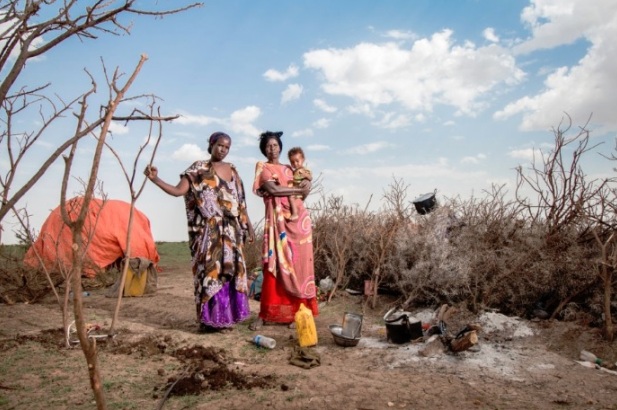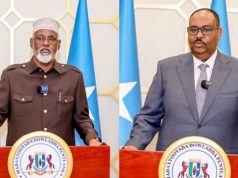
Providing new political vision that resuscitates the lost spirit of Somalinimo to eventually reunite the strength in the larger interest of the nation. As we celebrate on the 59th anniversary of our independence, it is important, at this point in our history, to look back and try to understand what has gone wrong with the national principles and objectives that our founding fathers anticipated. When the British and the Italian colonial flags were lowered and our blue flag with white stars was raised on June 26 and July 1 1960, respectively, there was jubilation throughout the country and all Somalis were elated to witness the birth of a new independent sovereign nation. Unfortunately, somewhere along the way, we seem to have lost that outward-looking sense and spirit of “Somalinimo”, which had inspired and bonded our people during the liberation struggle against the colonial powers.
Many countries that struggled with issues of diversity within their populations with regard to religion, language, culture and/or ethnicity, envied Somalia after independence for its socio-cultural homogeneity. The Somali Nation was identified as people who are from the same ethnic group, speak the same language and share a common religion and culture. Foreign scholars and travellers were the first to perceive this homogeneity, which in later years was incorporated by the Somalis themselves during the years of their independence struggle. Coexisting with the national identity of “one and the same” there has also been a second strongly internalised Somali identification, that of clan and sub-clan identity. Throughout the nation’s history, this latter affiliation has at times shifted to the forefront of individual and communal awareness and to become the primary identity. This dynamic (which had critical implications for the future of the country) has created parallel socio-political discourses.
The first discourse, based on sameness, begins with the mythical same ethnic. This is the cornerstone of Somali identity “Somalinimo”, ever present in the first response given by any Somali to a stranger, “I am Somali”. This identification was later symbolised in the Somali flag. The second discourse can be illustrated by a uniquely Somali interpretation of George Orwell’s famous observation: “We are all equal, but some of us are more equal than others”. This observation accurately pinpoints the fact that Somalis identify themselves at any given time within the context of a sub-national identity mindset…..







